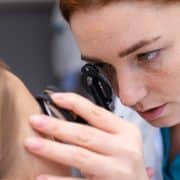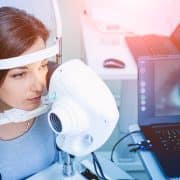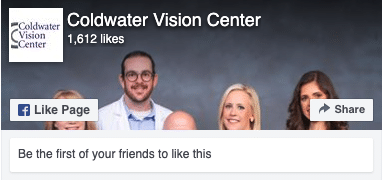Tips to Get Your Child to Wear Their Glasses
It’s no walk in the park for parents with children who need corrective eyewear. But early intervention often means that poor vision in childhood can be corrected or at least maintained to a point where it doesn’t worsen as the child grows up. The hard part isn’t that. The hard part is getting kids to actually wear their glasses instead of just carrying them around in their backpacks all day long. Here are some tips from your Coldwater, MS eye doctor for getting your child to wear their specs.
Give Them the Choice
First off, let them pick out their own frames. Kids love having a say in their style, and if they’re rocking glasses they chose themselves, they’ll be way more excited to wear them. Bright colors, cool patterns or frames with their favorite cartoon character? Go for it. Whatever makes them feel good.
Hand Out Compliments Like Candy
Next, make it a big deal—in a good way! Compliment them like crazy when they put their glasses on. “Whoa, you look SO cool!” or “Check out how smart you look!” Positive vibes go a long way. If they feel proud wearing them, half the battle is won.
Draw Comparisons
Got a favorite superhero or celeb who rocks glasses? Point it out. “Hey, look! Spider-Man wears glasses too!” Kids love to copy their idols, so use that to your advantage.
Compromise
If your kiddo still puts up a fight, ease them into it. Start with short stints, like wearing glasses while reading or watching TV, and slowly increase the time. Before you know it, they’ll be rocking them all day without even thinking about it.
Take it Out of This World
Oh, and don’t forget to make it fun! Try calling their glasses a “superpower” or play a game where they spot things they couldn’t see before. You can even let them decorate their glasses case with stickers or paint.
Lead by Example
Lastly, lead by example. If you or anyone in the family wears eyeglasses in Coldwater, MS, wear them proudly. Show them glasses aren’t just for seeing—they can be a fun accessory.
Come on in and see just how much selection your child will have to choose from at Coldwater Vision Center. Contact us to book your appointment today!






